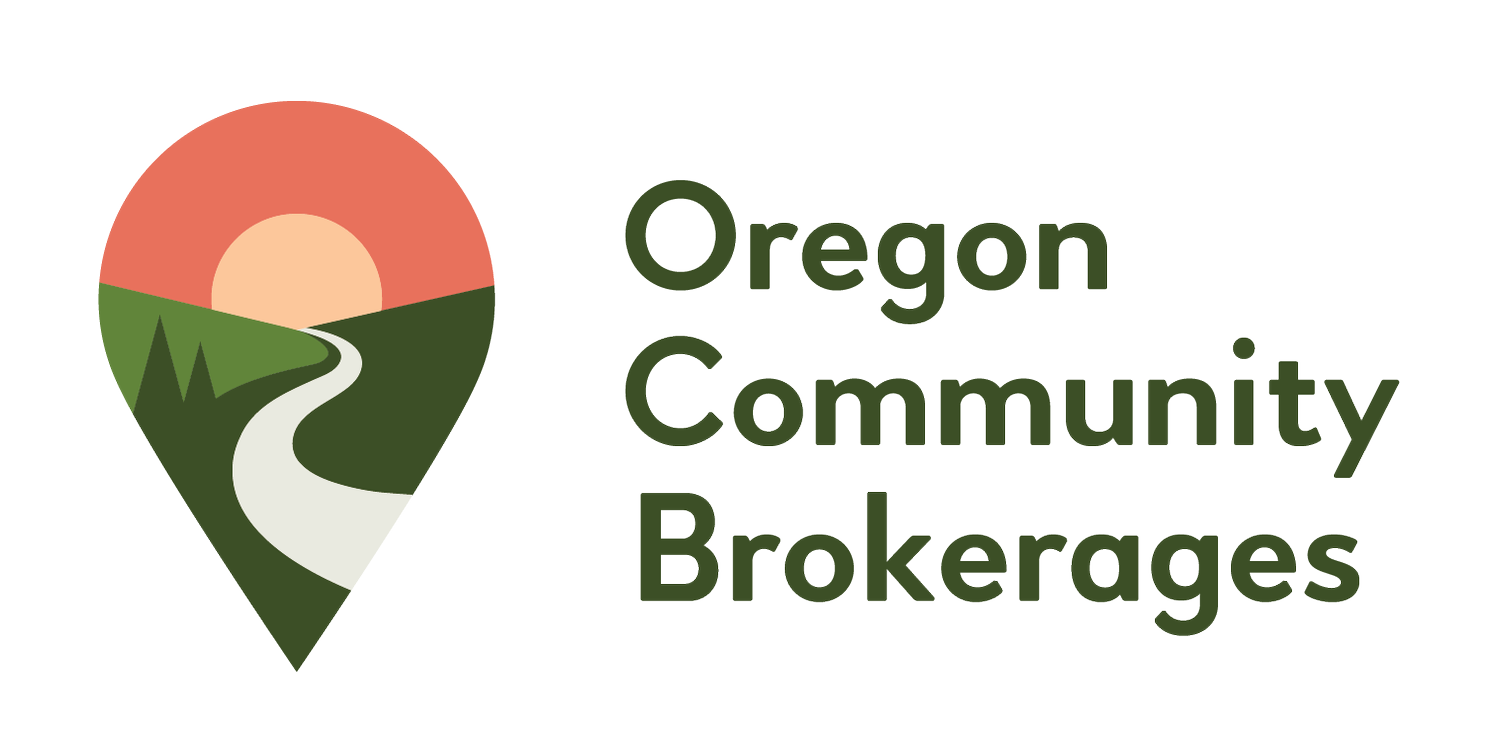The COVID-19 Impact on Oregon’s Budget
We are all tired. Tired from worrying about how we’ll meet our needs without work or support. Tired from caring for our families and keeping them well and safe. Tired from adjusting, constantly, to our changing world. And the last thing we all want to talk about right now are budget reductions. That is true for our government officials, our state agency leadership, and each and every person attached to social services in Oregon. But, this is where we are–the Office of Developmental Disabilities, at the request of the Governor’s Office, has released a proposal of reduction options this week. So, let’s set our tired aside for a moment, and review the facts, and what to expect in the days and weeks to come.
The first piece we need to understand is, why now? As you most likely know, a historic number of people have filed for unemployment in recent weeks, in Oregon and nationwide. This is due to the radical actions we have had to take as a society to save lives. We have closed restaurants, bars, theaters, performances, festivals, parades, and non-essential consumer activity. Because of that, there has been an enormous interruption in the income generated by Oregonians. In addition to creating personal financial hardships, this means that our state revenue stream has been significantly disrupted as well. Oregon relies heavily upon income taxes to fund its biennial budgets. This dip in economic productivity will have significant impact on our projected revenue, and will mean that we do not have as much money to work with in the next budgeting period. (Note: The current biennium runs from 7/1/19 through 6/30/21.) It also means that we likely do not have enough money to cover our current budget plans for the second half of this biennium. All of this combines to mean one thing: we have to reduce the budget, and cut our spending.
For context, let’s review what “government spending” covers here. For a full listing, you can take a look at this page. Industries like agriculture, law, and pharmacy, and public interest areas such as transportation, parks, human services, and criminal justice have state agency governance. Our state budget covers a multitude of areas of civic life. In Oregon, the legislature is the budgeting body of government. They come together every two years for a full session to pass new legislation, and assemble and approve a budget covering the next two years. (For more detail on the budgeting process, please check out this article.) While it is within the Governor’s ability to make across-the-board reductions to all state agency budgets, this is an extremely uncommon practice. In Oregon, budget issues and crises are generally handled by calling a Special Session of the legislature, to make more strategic decisions to cut costs. This also creates a space for public comment and advocacy with our legislative representatives, before and during these sessions.
At this time, no Special Session has been scheduled. Having closed the 2020 short session on a tumultuous note, the legislature is waiting to see the May 20th state revenue forecast, and is likely making arrangements to determine the best way to come back together. To help inform this planning, and encourage legislatures to come together for the good of all Oregonians, the Governor’s office has called for all state agencies to submit a proposal for how they would make a 17% cut for the remaining year of the current biennium, starting on July 1, 2020. For the Office of Developmental Disabilities Services (ODDS), this cut amounts to a roughly $90 million reduction of General Funds (state funds only, not including the federal funding that will be lost by these reductions). You can read the message about this submission from ODDS Director Lilia Teninty by clicking here. You can read the summary of the reductions proposed, with some narrative to help explain them, here, and you can review the entire list, for all Department of Human Services agencies, here.
A few key points from Lilia’s statement:
There is currently no date or set plan to put these cuts into action.
These cut targets do not take into consideration any additional federal funding that may come out of the COVID-19 relief bill(s).
And a few more points from us, to help you make sense of it:
With the magnitude of the revenue loss, it is unlikely that any state-funded program will make it through the next few years without some belt-tightening.
Many areas of IDD services have been underfunded for years, with the result that any reduction feels more acutely frightening.
Make no mistake, this is not a pretty list. Our DD system simply does not have $90 million in state funds to spare without serious negative consequences. You most likely have some questions about what these items might mean for you. We are working with our advocacy partners at Oregon Resource Association, Community Provider Association of Oregon, and the Oregon Council on Developmental Disabilities to put together some impact statements for the DD reductions on the list. As soon as that is released, we will share it with you.We have all been working incredibly hard, as a community, to keep ourselves, and each other, safe and cared for during this difficult time. The Governor, our legislators, and other decision-makers do not want to make cuts. But, hard decisions and lean times are almost certainly ahead of us, and they will not be averted by denial. What we can do, as advocates, is to expand understanding of what our services are, and what they mean to our entire community. We must make the invisible visible to all. And once that understanding is developed, our elected officials will have the tools they need to make smart, strategic choices on how to manage this financial hardship.

